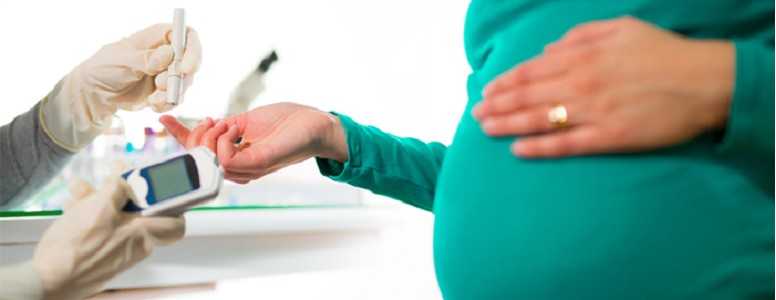New guidelines have been issued for hospital doctors who treat pregnant women with diabetes.
The new Joint British Diabetes Societies for Inpatient Care (JBDS–IP) document has been drawn up in a bid to improve the standard of care for people with diabetes in secondary care.
Many women with diabetes require hospital admissions during their pregnancy, but not all doctors and healthcare teams in maternity wards are experts in the best way to treat diabetes.
It is especially important that women with diabetes control their diabetes during pregnancy because it can impact the birth and the health of their baby. Neonatal hypoglycemia is a condition which affects up to 30 per of babies and is more likely if blood sugar levels are not tightly controlled during the pregnancy.
Standard target blood sugar levels have already been laid out in the National Institute for Health and Care Excellence (NICE) guidelines, but there is no set advice on the best route of insulin delivery to control blood glucose levels before and during delivery.
The aim of the JBDS guidance is to support the NICE recommendations and provide a standard template to help patients and healthcare professionals reach their targets safely.
The authors wrote: “There is increasing consensus that achieving tight glycemic control safely is desirable in all pregnant women with diabetes when admitted to maternity units.
“At such times, there are often multiple healthcare professionals involved in the care of the woma, many of whom have little knowledge of diabetes. Furthermore, these healthcare professionals are often caring for women who are expert in self-managing their own diabetes; some can feel highly vulnerable leaving their glucose control ‘in the hands’ of less experienced staff.”
The guidance covers recommendations for the control of hyperglycemia and the practicalities of using different therapies, suggested prescriptions and documents which can be easily adapted and used on the wards, and advice on glycemic management during the delivery period.
“It is hoped that its adoption nationally will help harmonise management of diabetes in obstetric settings and therefore enable local, regional and national audits to be carried out,” the authors wrote.
What's new on the forum? ⭐️
Get our free newsletters
Stay up to date with the latest news, research and breakthroughs.




